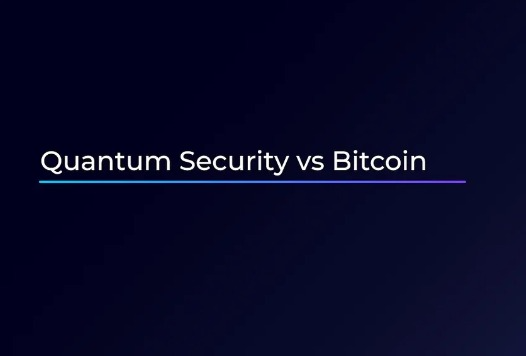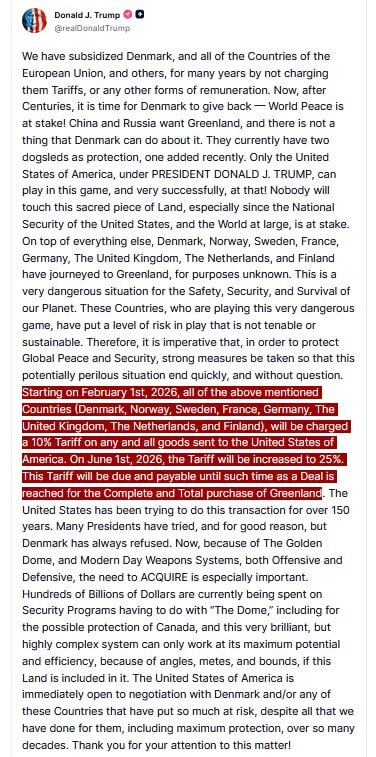- Fujitsu to launch commercial quantum computer next which has the potential to crack the cryptography on the bitcoin network.
- The company will first test out the machine in finance.
- Ideas around how to create quantum cryptographically-secure blockchain tech has been around since at least 2019.
Fujitsu and Riken research institute, Japanese tech multinationals are expected to jointly launch a potential Bitcoin-beating quantum computer to companies in 2023.
The computer, significantly more powerful than Frontier, the world’s fastest supercomputer built by Hewlett-Packard, is expected to be used initially for financial forecasting and developing new medicines.
Fujitsu’s new computer will use so-called superconductor materials that exhibit zero electrical resistance when cooled to near a temperature known as “absolute zero.”
“Quantum computing has the potential to change the world on a massive level. You can solve problems in molecular dynamics, in finance, in medicine,” said Fujitsu CEO Vivek Mahajan in an Oct. 14, 2022 interview with CNBC
According to Mahajan, quantum computers could potentially solve mathematical optimization problems like Shor’s algorithm or the so-called traveling salesman problem. It could solve other problems deemed too difficult for even supercomputers. Shor’s algorithm uses quantum technology to guess the prime factors of technology. While the traveling salesman problem attempts to find the shortest route that can be taken to visit every city connected by a local highway system, and then return to the starting point.
While companies like Google have made significant strides in developing their own supercomputer, it only sees the commercialization potential of its machine in 2029, which could give Fujitsu a head start.
Fujitsu’s computer has 64 “qubits,” the basic unit of information in a quantum computer, compared to Google’s 53.
Fujitsu heading up Bitcoin’s quantum threat
P2P exchange LocalBitcoins, as well as a 2022 academic paper from Sussex University have cautioned that quantum computers could break the SHA256 algorithm used in the Bitcoin network.
Miners in a proof-of-work blockchain system like Bitcoin compete to find a numerical solution to the SHA256 algorithm that beats a network target known as the difficulty. Miners perform so-called hashing operations on the header of a Bitcoin transaction block and a random number. Using the SHA256 algorithm, to obtain a numerical solution that follows a certain pattern. The miner often only guesses the correct solution after performing quadrillions of “hashing” operations per second. For mining Bitcoin, the computer of choice for the hashing process is an Application-Specific Integrated Circuit (ASIC). The mathematical difficulty of finding the solution helps secure the Bitcoin network, and without it, the network’s security, which up until now has been fairly bulletproof, could be breached.
Quantum computer challenges met head-on by community
But quantum computers still struggle with performing long calculations, and recent research into post-quantum cryptography by companies like IBM and Thale are slowly painting a clearer picture of a post-quantum future. The U.S. National Institute of Standards and Technology is leading the way in investigations of potentially quantum-resistant cryptographic algorithms.
Ideas to combat quantum technology have been proposed since at least 2019 when Google first published results around its machine.
Ethereum co-founder Vitalik Buterin at the time seemed unperturbed at the potential threat to crypto. He opined that similar to how the hydrogen bomb was developed, using nuclear power in everyday applications seems elusive. Quantum computing power will need to be carefully harnessed in order for it to be transformative. He also opined that the cryptocurrency community will develop new algorithms.
“But for every cryptographic algorithm that quantum computers can break, we know that we have a replacement […] that quantum computers cannot break.”
In 2019, a researcher at the Ethereum foundation presented quantum resistance ideas that could be applied to the Ethereum blockchain. Others are building new cryptocurrencies and blockchains like the Quantum Resistance Ledger.


























